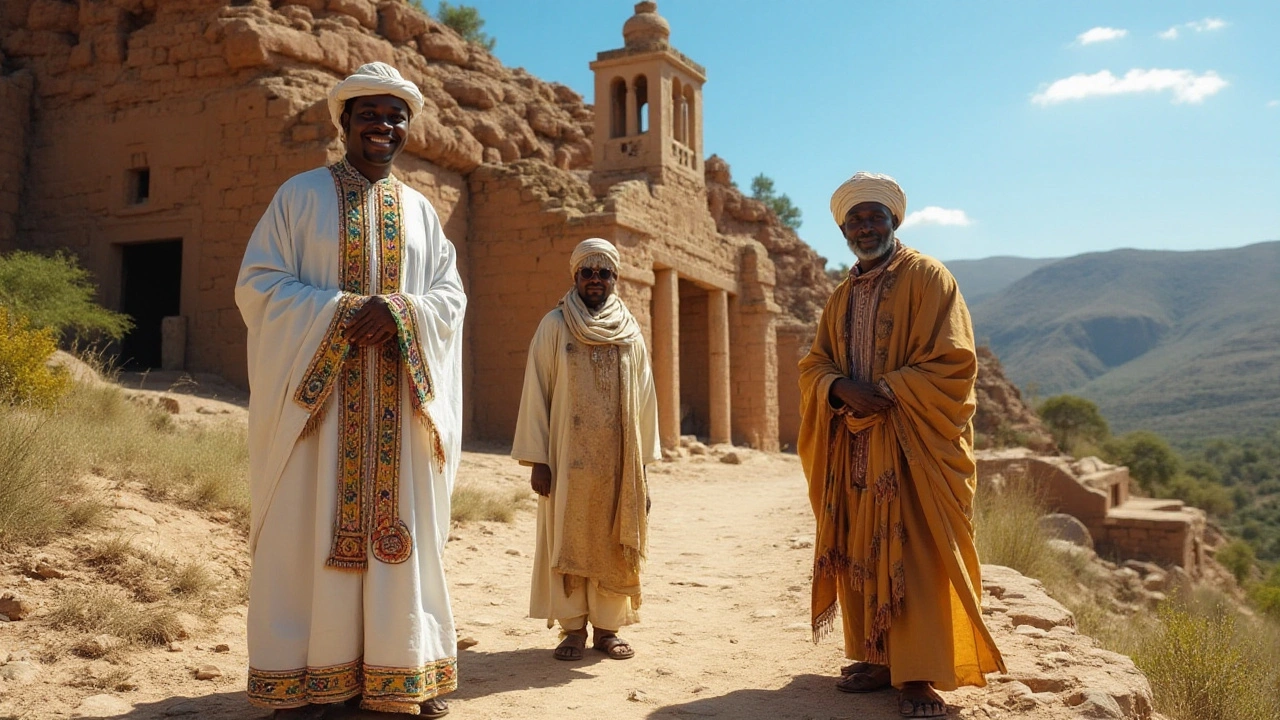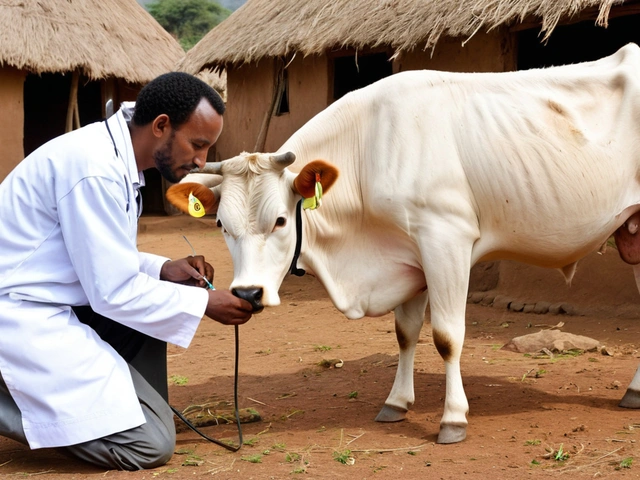Ethiopia Religions: How Beliefs Shape Life, Work, and Wealth
Ethiopia stands out for its deep religious roots mixed with modern shifts in work and daily life. Religion isn’t just about spiritual practice here. It weaves into how people think about jobs, money, and getting ahead. Ethiopia is mainly home to Ethiopian Orthodox Christians, Muslims, and Protestants—each group with its own celebrations, customs, and community ties. If you’re looking to work or do business here, knowing how religion shapes social rules and business hours is seriously useful.
Ever noticed that holidays in Ethiopia aren’t just about taking a day off? For example, big Orthodox Christian celebrations like Timket (Epiphany) see entire neighborhoods unite in public spaces. On those days, most businesses slow down or close. Muslims plan around Ramadan and Eid, reshaping shop hours and changing when folks gather. If you’re hiring, job hunting, or investing, these cycles will affect when and how you work or close deals.
Religion also sets the tone for dress codes, office behavior, and daily habits. In more conservative towns, you might see headscarves and modest attire as the norm, not just a personal choice. Even appointment times or business meetings can shift to accommodate prayer schedules or fasting routines. You’ll see this most in regions where one religion is more dominant—say, more fasting months in Orthodox-heavy areas, or Fridays observed as holy in Muslim-majority quarters.
Networking in Ethiopia? Don’t underestimate the power of church, mosque, or religious gatherings. Many communities prefer to work and trade within trusted circles, often starting with those who share their faith. It’s not rare for job leads, housing, or business referrals to happen during coffee after church, or between prayers at a mosque.
When it comes to wealth and giving, religion plays another big part. Charity is a huge deal in all the main Ethiopian faiths. Orthodox Christians will often give through the church, Muslims are expected to practice zakat, and Protestants run local support groups. This keeps money circulating in communities, and sometimes creates jobs or small business chances right inside congregations. Knowing these traditions can open doors—and explain why certain times of year are busier for fundraising or community projects.
Want a career boost in Ethiopia? Understanding how religion influences weekdays, working hours, and career decisions gives you an edge. For instance, some foreign companies that overlook these patterns struggle to hold staff or miss key market days. Locals pay attention to religious calendars and build work routines around church or mosque time—not just national holidays.
Ethiopia’s religious mix isn’t just about worship. It connects people, shapes daily routines, and affects who gets ahead in work, business, and even real estate. Whether you’re aiming to hire, invest, or find work yourself, respecting these religious influences is more than just polite. It’s practical—and could mean landing your next job or sealing your next deal in Ethiopia.





